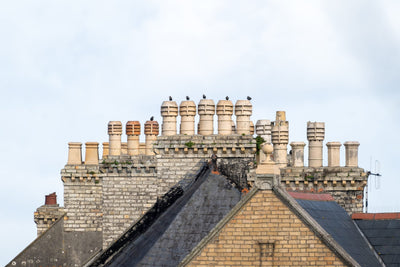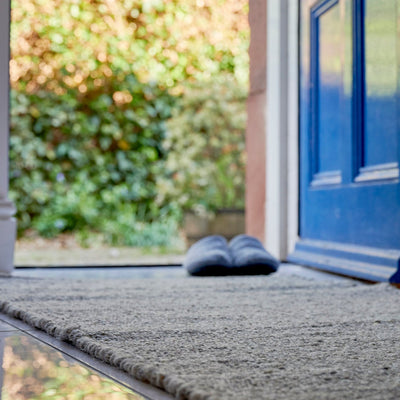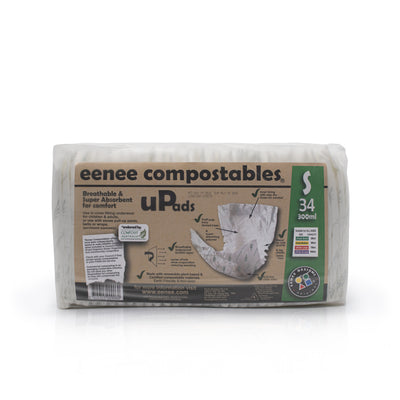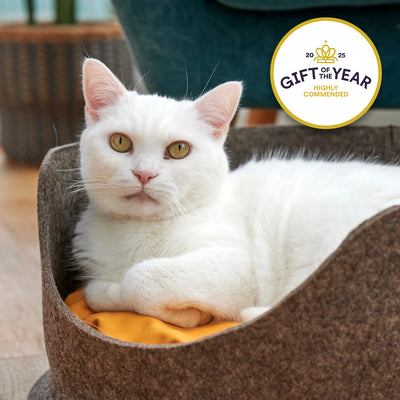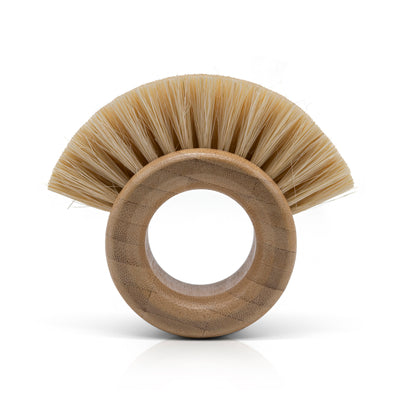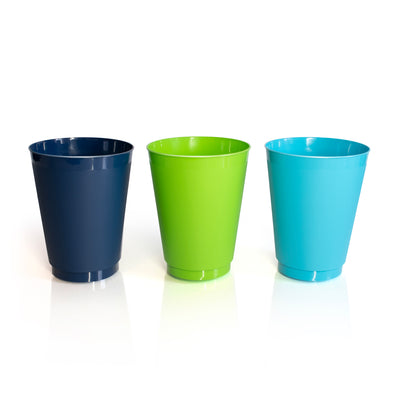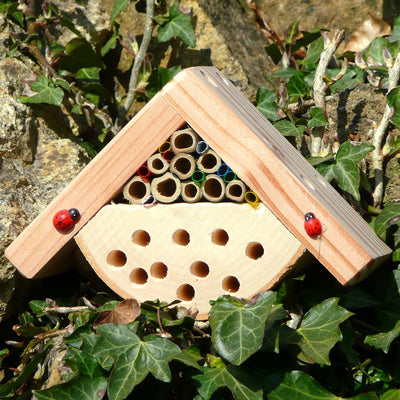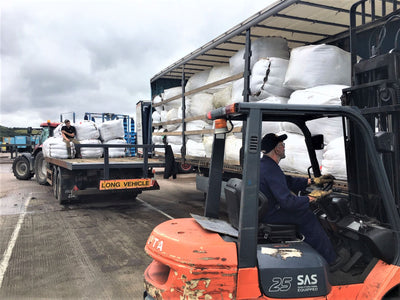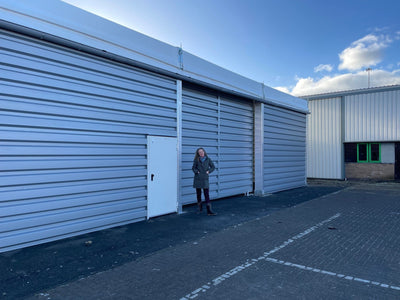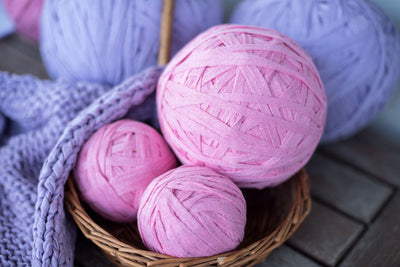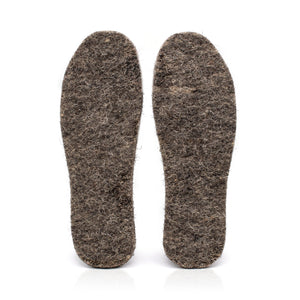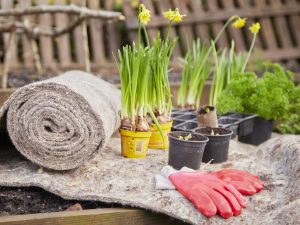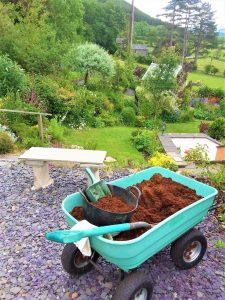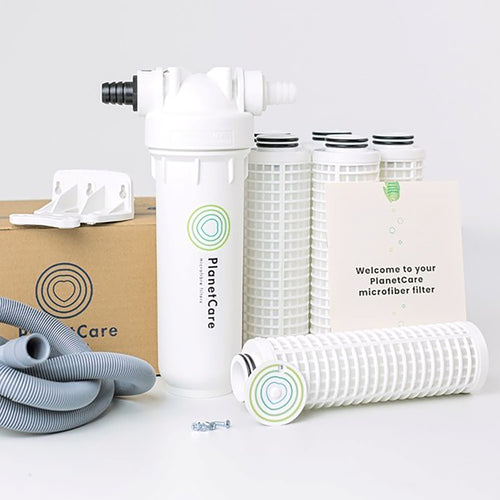Who knew National Allotment Week was even a thing? Well, we didn’t but anything that encourages people to get outside and garden, we are 100 % on board with!
Allotments are a great way for people who don’t have outdoor space at home to become green-fingered and grow all sorts of fruit and vegetables. There truly is nothing more satisfying than being able to grow and eat your own crops (they always taste that bit better too!).
Sometimes the idea of ‘growing your own’ can be a bit daunting but here at Chimney Sheep, we have a whole range of all-natural gardening products that make creating a veg patch that bit easier. All of our products are environmentally friendly, plastic-free and completely natural! Hooray!
So, what is best to plant in your allotment in August? It’s all about fast-growing varieties that will fill your autumn dinners. Think cabbages, radishes, beetroot, chard, turnips, spinach and fast-growing salad leaf varieties. Delicious!
Here are some of our favourite products that will help you grow all those and more, producing an abundant vegetable patch that will make even the likes of Monty Don envious. Happy National Allotment Week!
Garden Felt
Our garden felt is one of our most popular products and can be crowned as our most versatile product with its multitude of uses. It is pretty special (if we do say so ourselves) because many wool underlays use a plastic carrier material. We have used jute instead which makes the felt much more durable and 100% compostable.
If you are starting a new bed or veg patch our garden felt means that you don’t need to spend hours digging out old turfs. Instead, you can simply lay the felt onto your proposed new bed, covering any grass or weeds. Then, put a good thick layer of compost (keep reading to find out about our amazing Cocopeat Compost) to cover the felt and start planting. It really is as easy as that! The roots of the plants will push through the felt and into the soil, whilst the wool and jute combination will smother the grass and weeds and cause them to rot away. The great thing about the felt is that it will completely biodegrade over time and release nutrients back into the soil – safe to say you will definitely be winning the biggest brassica award at your local show.
Jute Mulch Mats
Planting out some seedlings and want to keep them protected? Have no fear, our jute mulch mats are here! They fit neatly in a plant pot or can be used directly on the ground so are perfect for use in an allotment. Why are they useful? Well, they suppress weeds, protect the crop from soil contamination, retain moisture in the soil and deter slugs and snails. Plus they are made from recycled jute coffee sacks so completely decompose in about a year (is there anything they don’t do?). For little seedlings we would recommend 4inch mini mulch mats but why not give our variety pack a go and try them on all sorts of plants and saplings?
Felt Shillies
Made from the scrap pieces of Herdwick felt we use to make our Chimney Sheep draught excluders (because we hate waste!) our felt shillies makes the perfect garden mulch. Gardening mulch shields plants from harsh temperatures and weather conditions and our shillies give that bit of extra ‘umph’ on top of this. Herdwick wool is naturally hygroscopic which means that it absorbs moisture but releases it slowly. Basically it means you have to spend less time watering! It is also a really effective slug and snail deterrent due to the texture of the wool so your fruit and veg can stay safe, snug and happy. Our shillies are super easy to use – you can either pile them around delicate plants or spread them out across a whole veg bed so go crazy!
Cocopeat Compost
Now, this stuff really IS magic. Get our 5kg block, add water, mix and voilà: 70 litres of peat free compost! If you don’t need quite that much we have a 750kg block too which makes 9 litres of compost (but come on, you can never have too much compost can you?). This compost is made with the husk of the coconut, called the coir. The finer bits of the coir are compressed into blocks and when it’s re-hydrated it makes a fabulous compost. This is super fine so it is great for younger seedlings. So, what makes coir so great for compost? Cocopeat holds a lot of water and is really good for drainage. It also contains potassium, zinc, manganese, iron and copper which means it supports strong root growth so great for starting seeds. However, it does lack some other key nutrients so we would recommend mixing it with our organic sheep wool pellets to give it some extra fertiliser and structure. MAGIC!
Garden Kneelers
There would be nothing worse than going to all this effort of growing vegetables to then have ruined your knees. That’s not good for anybody. So, save those precious knees with our waterproof garden kneelers. It means you’ll be able to garden for hours and hours, pain free, dirt free and dry! Our garden kneelers are filled with several layers of felted UK sheep’s wool, which not only make them super-comfortable knees but also make them warmer to kneel on during those chillier days. What’s more, they also double up as a handy cushion for that all important tea break!
We hope you’ve inspired you to try your hand at planting a veggie patch allotment this National Allotment Week (or beyond!). If so, we’d love to see your pictures – tag us on Facebook or Instagram!

